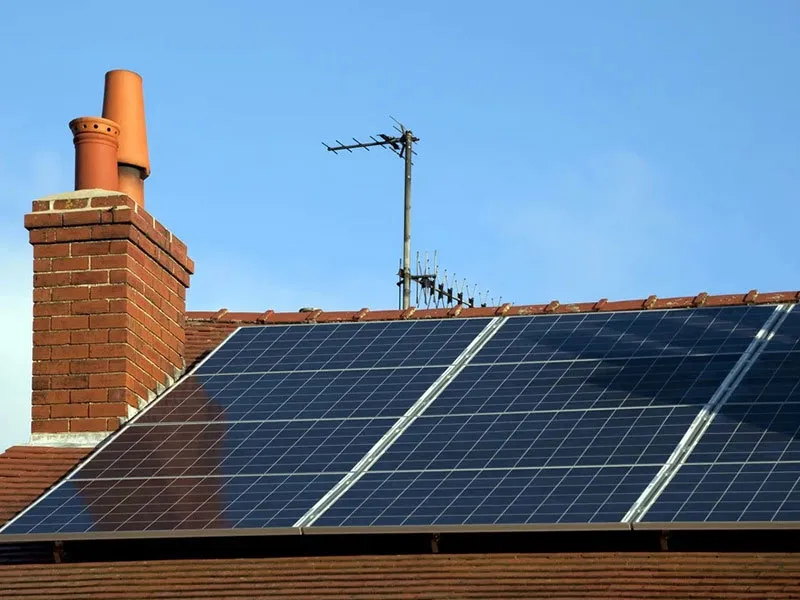Exploring the Benefits of Solar Inverters for Renewable Energy Solutions
Understanding Solar Inverters The Key to Efficient Solar Energy Conversion
As the world shifts towards renewable energy sources, solar power is at the forefront of this transformation. Among the essential components that enable solar energy systems to function effectively is the solar inverter. This technology plays a critical role in converting solar energy into usable electrical power, making it indispensable in the renewable energy landscape.
What is a Solar Inverter?
A solar inverter is an electrical device that converts the direct current (DC) electricity generated by solar panels into alternating current (AC) electricity. AC is the standard electricity used in homes and businesses, making solar inverters vital for integrating solar energy systems into the existing power grid. Without an inverter, the energy harvested from the sun would be unusable in most applications.
Types of Solar Inverters
There are three primary types of solar inverters string inverters, microinverters, and central inverters
.1. String Inverters This is the most common type used in residential solar installations. Solar panels are connected in series to a string inverter, which is typically installed on the wall of a home or in a garage. While string inverters are cost-effective and easy to maintain, their performance can be affected by shading or malfunction in one panel, as it reduces the output of the entire string.
2. Microinverters Unlike string inverters, microinverters are installed on each individual solar panel. This allows for optimized performance since each panel operates independently. Microinverters are highly efficient and ideal for installations where panels may experience varying degrees of shading throughout the day. Though they are more expensive than string inverters, their performance benefits often justify the higher cost.
3. Central Inverters Central inverters are used in large-scale solar power plants where a significant number of solar panels are connected to a single inverter. They are designed for high efficiency and can manage the output of hundreds, if not thousands, of solar panels at once. However, if a central inverter fails, it can lead to a complete shutdown of the power plant until repairs are made.
solar invertor

Benefits of Solar Inverters
The benefits of solar inverters extend beyond mere electricity conversion. They play a crucial role in ensuring the safety and efficiency of solar energy systems. For instance, most modern solar inverters come equipped with monitoring systems that provide real-time data on energy production and consumption. This allows homeowners and businesses to optimize their energy usage and identify any issues promptly.
Additionally, solar inverters are designed with safety features that prevent electrical hazards. They can disconnect from the grid during power outages or anomalies, protecting both the inverter and the solar panels from potential damage.
A Step Towards Energy Independence
Investing in a solar energy system, complete with a high-quality inverter, allows individuals and businesses to take significant strides toward energy independence. With rising electricity costs and growing concerns about fossil fuel dependence, solar power provides a sustainable solution that empowers consumers to harness energy from the sun.
Moreover, with advancements in technology, new inverter models are increasingly becoming more efficient and capable of handling variable loads and energy storage systems, such as batteries. These innovations make it easier for users to manage their energy consumption, store excess energy for later use, and reduce their carbon footprint.
Conclusion
Solar inverters are undoubtedly a key component of modern solar energy systems. They serve as the bridge between the solar panels and the energy grid, ensuring that the energy captured from the sun is converted into a usable form. As the demand for renewable energy continues to grow, understanding the technological nuances of solar inverters becomes essential for anyone looking to invest in solar power. Embracing this technology not only promotes energy efficiency but also contributes to a more sustainable future.
-
String Solar Inverter: The High-Efficiency Solution for Smart Solar EnergyNewsJul.14,2025
-
Revolutionizing Rooftop Energy with the Power of the Micro Solar InverterNewsJul.14,2025
-
Power Independence with Smart Off Grid Solar Inverter SolutionsNewsJul.14,2025
-
On Grid Solar Inverter: Powering the Future with Smart Grid IntegrationNewsJul.14,2025
-
Monocrystalline Solar Panels: High-Efficiency Power for the Future of Clean EnergyNewsJul.14,2025
-
Bifacial Solar Panel: A Smarter Investment for Next-Generation Energy SystemsNewsJul.14,2025







